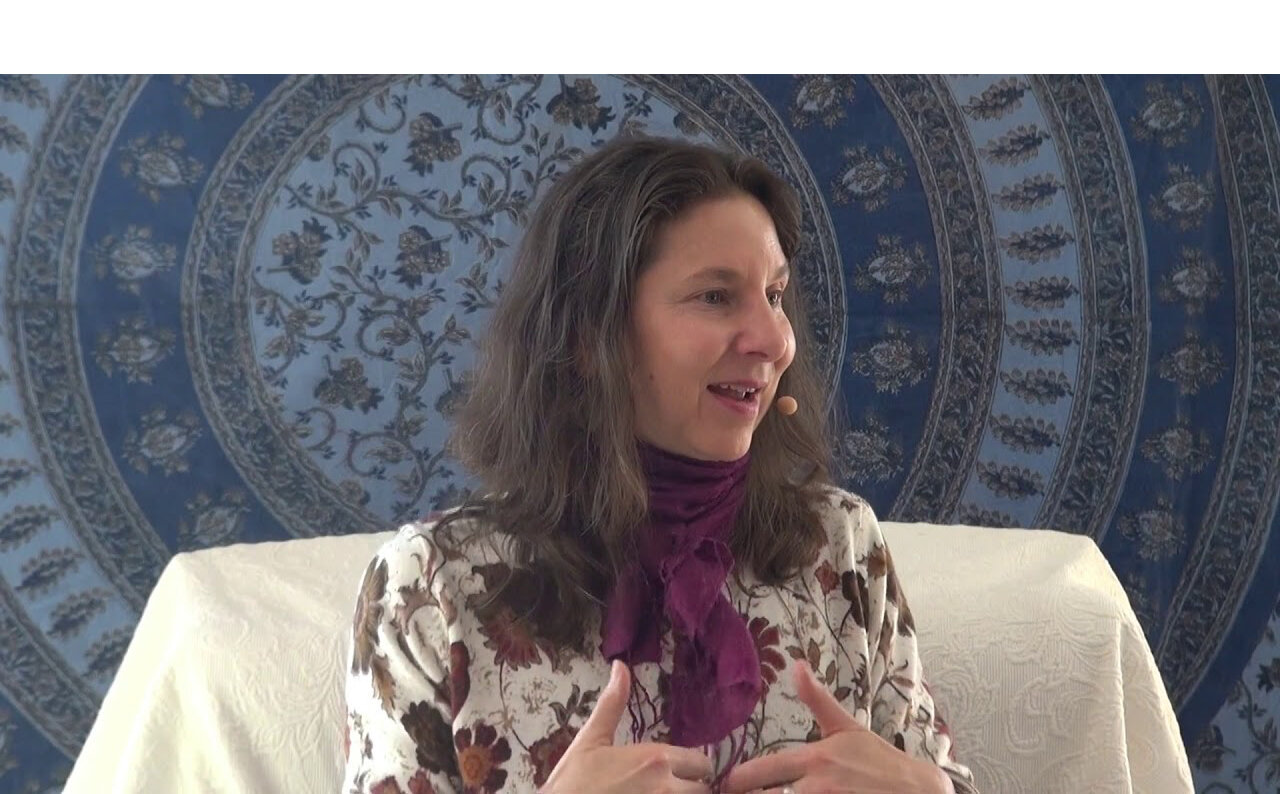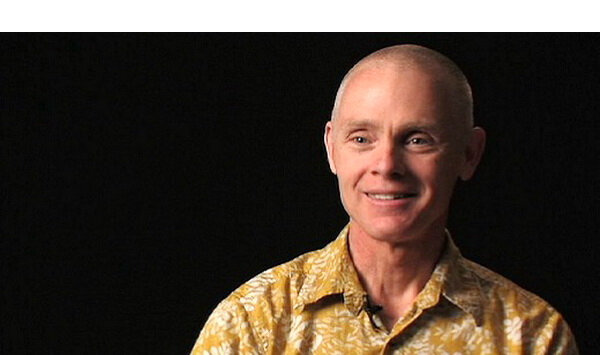
“Why Are Men Like That?" by Jeannie Zandi
I have heard this question asked in many different tones lately, but rarely with curiosity, concern and a sincere desire to understand. As an ally to men since the beginning of the Men's Movement of the late 80s, I would like to share, humbly as a woman, a bit of what I have gleaned over the past thirty years for anyone with a desire to understand those guys -- our brothers, fathers, sons, friends, and lovers, or anyone who grew up with men’s conditioning.
The first phrase I learned to say as a toddler was “Bad boy!” It was my weapon to get my mother’s attention when my older brother was doing something I didn’t like. It was the lens through which my mother, a product of her culture, related to children who had inconvenient feelings or uncooperative or unsavory behavior. From a very early age, I learned to relate to boys as their victim (and sometimes I was!), their boyish energy often seen as inherently oppressive to others. In turn, they learned to see themselves as bad boys and to try very, very hard to be good ones.
BE A SUPPORTER OF JEANNIE’S WORK

"Are You Ready to Lose Your World?"by Adyashanti
There is a very famous poem written by the third patriarch of Zen, Seng-ts’an, called the Hsin-Hsin Ming, which translates as Verses in Faith Mind. In this poem Seng-ts’an writes these lines: “Do not seek the truth; only cease to cherish opinions.” This is a reversal of the way most people go about trying to realize absolute truth. Most people seek truth, but Seng-ts’an is saying not to seek truth. This sounds very strange indeed. How will you find truth if you don’t seek it? How will you find happiness if you do not seek it? How will you find God if you do not seek God? Everyone seems to be seeking something. In spirituality seeking is highly honored and respected, and here comes Seng-ts’an saying not to seek.
BE A SUPPORTER OF ADYA’S WORK

Rob Bell Interviews John Philip Newell
In February, Rob Bell and John Philip Newell got together again for a riveting night of conversation, contemplation, and, when Rob Bell is involved, of course laughter. Recorded live at Largo – a stalwart and intimate music and comedy club in Los Angeles – their conversation was then converted into an episode of Rob Bell’s podcast, The RobCast. When these two teachers get talking, it’s electric. And it doesn’t hurt that they enjoy being together!
This interview uses John Philip’s book Christ of the Celts as an anchoring point, but covers a wide range of topics – original sin, the true meaning of being “born again”, the diaspora of the Christian household, grace, and more. Trust us – you don’t want to miss this stimulating, thought provoking, and at times delightfully glib and cheerful conversation.
BE A SUPPORTER OF BOTH ROB AND JOHN’S WORK

"A Reply To Richard Rohr On The Cosmic Christ" by Ilia Delio
Richard Rohr is one of the great vernacular theologians of our age. He has the gift of taking complex theological ideas and translating the core insights into the language of the people. In doing so, he has helped thousands of people around the globe come to a new appreciation of the mystery of God and the need for renewed spirituality today.
In his newest work, Richard takes up the mystery of the cosmic Christ and, as a Franciscan, does so with passion. The notion that Christ is the firstborn of creation, the head of the whole shebang from the beginning, was supplanted in the early Church by the emphasis on sin and salvation. St. Augustine, in particular, felt the need to formulate a doctrine of original sin in order to highlight the saving grace of God. By the eleventh century, the need to explain the damage due to the sin of Adam and Eve became the principal reason for Jesus Christ. If Adam had not sinned, Christ would not have come. No sin, no Jesus. The reason for the Incarnation (God assuming flesh), therefore, found merit in sinful humanity, rendering generations of people focused on their faults and failings. Salvation through Christ meant being rescued from a fallen world.
BE A SUPPORTER OF ILIA’S WORK

"The Realization of Beauty" Chapter 7 - Sadhana - A Book on Spirituality by Rabindranath Tagore (PART 7)
The greater part of this world is to us as if it were nothing. But we cannot allow it to remain so, for thus it belittles our own self. The entire world is given to us, and all our powers have their final meaning in the faith that by their help we are to take possession of our patrimony.
But what is the function of our sense of beauty in this process of the extension of our consciousness? Is it there to separate truth into strong lights and shadows, and bring it before us in its uncompromising distinction of beauty and ugliness? If that were so, then we would have had to admit that this sense of beauty creates a dissension in our universe and sets up a wall of hindrance across the highway of communication that leads from everything to all things.
But that cannot be true. As long as our realization is incomplete a division necessarily remains between things known and unknown, pleasant and unpleasant. But in spite of the dictum of some philosophers man does not accept any arbitrary and absolute limit to his knowable world. Every day his science is penetrating into the region formerly marked in his map as unexplored or inexplorable. Our sense of beauty is similarly engaged in ever pushing on its conquests. Truth is everywhere, therefore everything is the object of our knowledge. Beauty is omnipresent, therefore everything is capable of giving us joy.

"Why is Spiritual Awakening So Painful?" by Nuno Alves, Akashic Records Reader
Spiritual awakening can be painful emotionally, because we shed away many of the constructs, beliefs, patterns - inner and outer - that we had surrounded ourselves with, and accumulated over the course of many lifetimes.
Many of these constructs are not aligned with our true spiritual nature and do us more harm than good. But we were convinced otherwise. We were absolutely positively sure we needed them to survive, to thrive, and to feel good. We identified with them. They deal with anything and everything in our lives, big and small, and are often things we hold very dear.
BE A SUPPORTER OF MR. ALVES’ WORK

“10 Spiritual Lessons for a New World” by Amoda Maa Jeevan
Amidst intensely turbulent times, so many of us today are feeling the urgent call to make changes that will create a brighter future for us all. Yet, however much we may want to save the world or fix what’s wrong, the truth remains that we can only change the world by changing ourselves. Inner transformation is the key to outer change.
Only by having the courage to walk through the darkness of fear, doubt and uncertainty towards the light of our true inner radiance can we transform our lives from suffering to joy and can we transform our world from terror to peace. The activation of this inner light is a radical shift in consciousness that awakens us to the miracle of our own power. It’s a shift from seeing through the myopic lens of ego to seeing through the unbounded clarity of an open heart.

